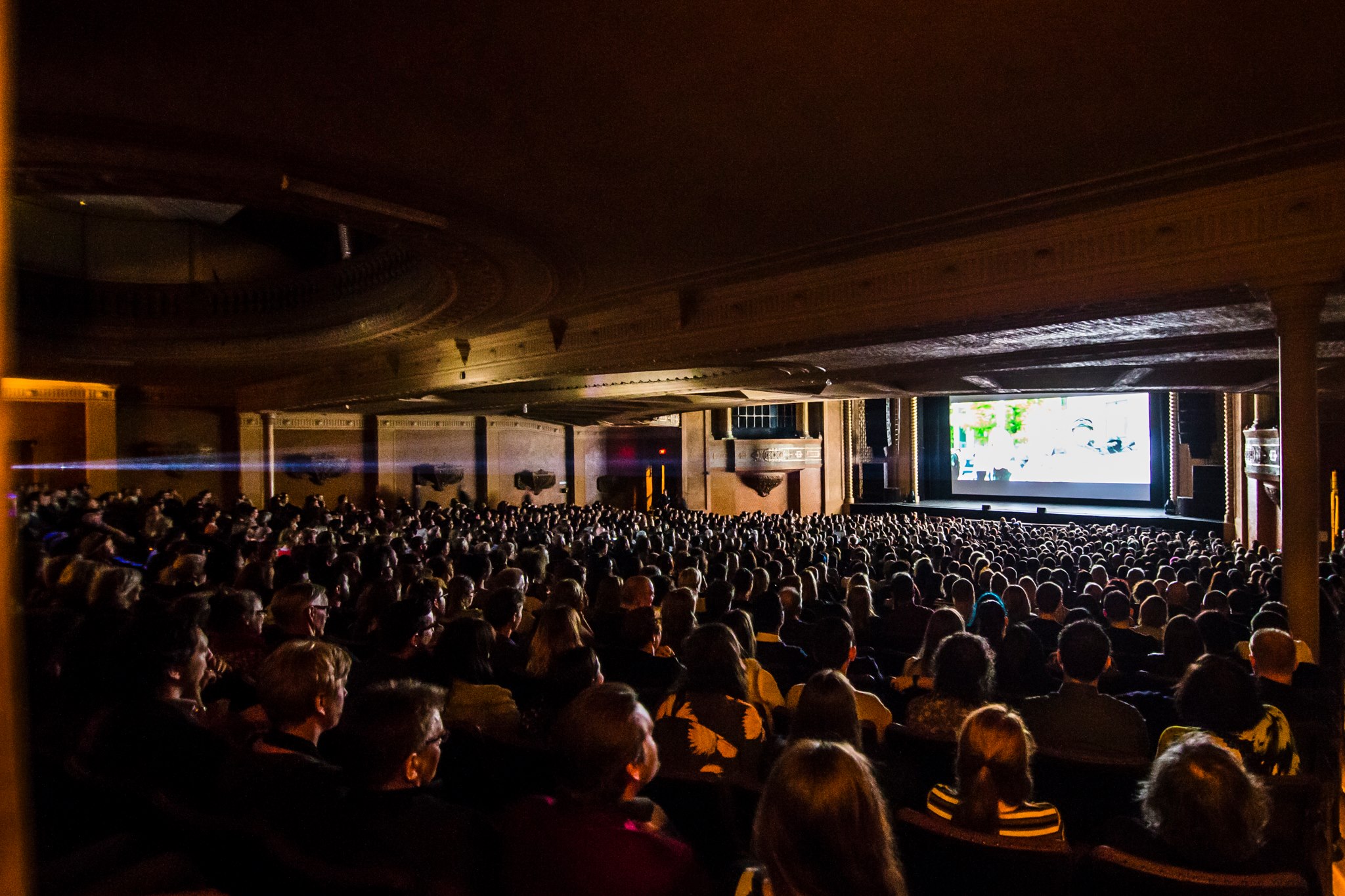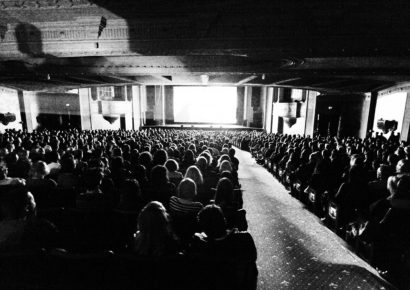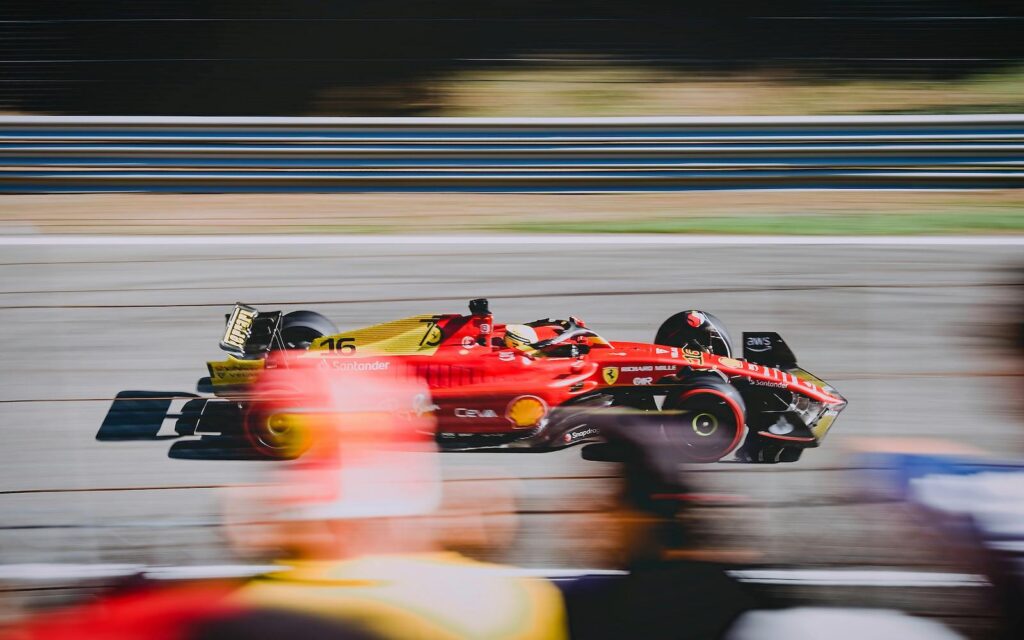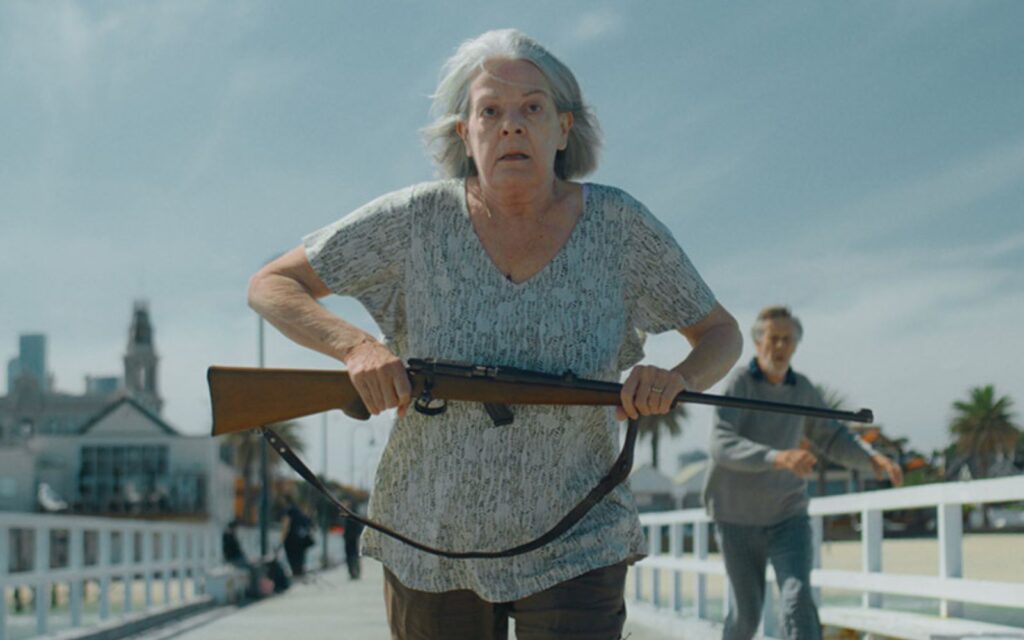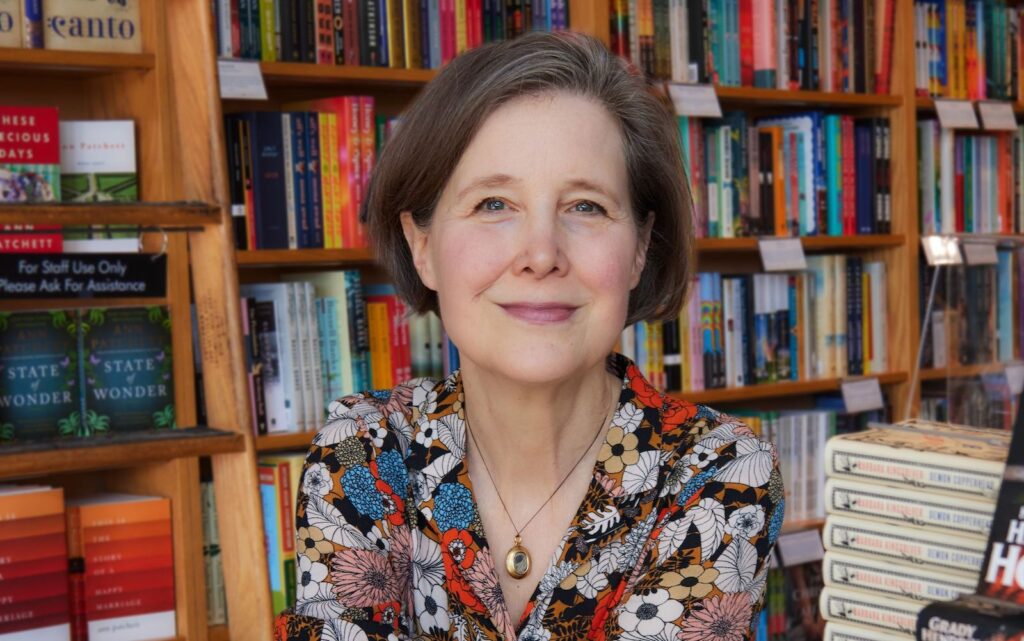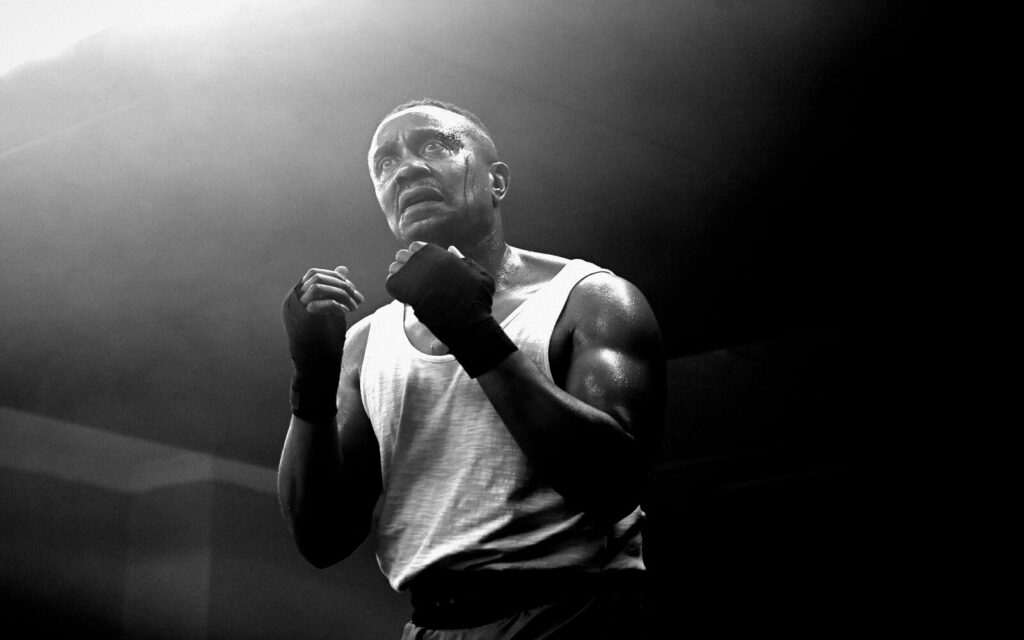Attracting people to a short film festival in a country saturated with opportunities to see short films is an annual challenge for St Kilda Film Festival director Paul Harris.
In what way does St Kilda Film Festival stand apart from, say, Tropfest or Made in Melbourne?
“A unique quality of St Kilda Film Festival is the fact that we are a competition festival that screens only locally produced short films,” Harris says. “We only show Australian films. We are a one-stop opportunity for emerging local filmmakers to get a heads up. There’s an international side bar but that isn’t in the competition.” Another difference between St Kilda Film Festival and others is the eclectic mix of entries to the ten day feast of cinema. “We have dramas, documentaries, animations,” Harris notes. “The films come from a national competition, a call for entries from all over Australia – it is representative of what film makers are doing on any given day of any year. We get six to seven hundred films from around the country.” 100 of these films are chosen to screen in the Top 100 and up to $40,000 is for grabs in prize money for the competitive entries.
Stay up to date with what’s happening in and around Melbourne here.
This year Harris is especially excited about a particular side bar event – Ernest Singer Presents: A Tribute to the Home Movie Pioneer, screening on Sunday May 25. “He made a whole lot of home movies and short amateur films in the 1950s,” Harris explains. “They’ve never been screened before publically. They were given to the National Film and Sound Archive of Australia. Singer emigrated from Vienna and started making home movies, family stories, then went on to make more sophisticated films, telling stories through films with more intellectual appeal. When he first came to Melbourne it wasn’t sophisticated like Vienna. He started importing coffee from New Guinea. He was an example of the kind migrants who came here after WWII. One film, Confidentially Yours, is bizarre; it was made in 1956 and it’s about a private detective asked to tail an unfaithful wife. They end up falling in love and getting married. It’s a quirky little film. Singer was a character; he must have been a bit of a ladies man! This bunch of films is from eight years in 1950s. It’s so interesting the way they’re done. They’re a time capsule of a vanished Melbourne. This screening has been planned for a couple of years. Singer’s family is absolutely excited that their father is getting some kind of recognition. (His son Peter Singer is well known in Melbourne as an Animal Liberationist and bio-ethicist.) Ernest Singer took a lot of care with these films – with sound, with editing, with colour; he even made his own logo – a spiny globe.”
Another archival program Harris is looking forward to is Back to the 60s. “It includes music films like Once Upon a Twilight about the band The Twilights who were the best-selling 60s pop band in Australia,” enthuses Harris. “They were formed by Glen Shorrock (who went on to form the Australian supergroup Little River Band after The Axiom in the 1970s); he was the lead singer. The film is done in the style of the Beatles’ films and The Monkees films, with all that crazy editing. There’s also the feature documentary The Snap and Crackle of Pop, where a reporter is recording a behind-the–scenes look at the pop industry, scenes with a record company and a radio programming meeting. The problems they had then are the same as today – getting air play. One of the DJs is Baby John Burgess the TV host. There’s also John Farnham back when he was a plumber’s apprentice or whatever he was. It’s a real nostalgia program.”
Harris is full of energetic advice for would-be filmmakers. “Pick up a camera. It’s easier than ever to make films now, films that look good. Once you’ve made your film it’s no good leaving it sitting on the shelf: you want it seen by an admiring audience. It’s not a challenge to get films for the festival – we are swamped by entries – it’s a challenge to find a film that stands out.” So what makes a film stand out, in Harris’s opinion? “Some kind of vision,” he replies. “It’s got do something unusual. If you want to make fictional films then you have to learn how to work with actors, work with a crew; filmmaking is a very collaborative process. Get out there with your digital camera; it can cost hardly anything. Start with your family and your neighbourhood. All of us are unique individuals. Think about who would be interested in this person, this story? Ask the questions: we all have experiences that are unique.
Audiences are happy to share them. I saw a film about a guy who works in a pet shop. He handles live snakes; he feeds them rats he keeps in the fridge. It’s astounding. Laura Loves Tattoos is a film about a woman who’s made it as a woman in a male orientated macho profession. Tofu Man is a five minute film about a Vietnamese guy who makes tofu and sells in around the Western Suburbs like Sunshine He’s running a successful factory operation and that in itself is a good little story but as the film goes on you hear how he was orphaned in Vietnam and was once was addicted to heroin, in trouble with the cops but he’s come out the other side and made a happy life.”
The opportunity to net impartial feedback is a real prize to getting your film into a short film festival, Harris reckons. “The audience is the ultimate judge. You go to a theatre and see the films with a few hundred other people. If you’re smart you’ll learn things from their feedback. They’re disinterested, impartial; they don’t know you so look out for what they say. You’ll find out where your strengths and weaknesses lie.”
Personally Harris says he’s perennially interested in watching films. “I love to sit in the theatre and when the lights go down there’s this anticipation. Many times your hopes are defeated but often they’re not. It’s a great experience. A great way of telling stories. I’ve been doing this since last century. It’s an all year round job. The festival has grown. It’s a publically owned festival run by the City of Port Phillip; it’s not answerable to commercial or corporate interests. The festival was established in 1983 by local filmmakers who realised they didn’t have a platform. It’s an important part of St Kilda’s art scene. Making short films and getting them into the festival is a stepping stone. St Kilda Film Festival is a talent incubator. Do it yourself – make short films without a budget – world keeps on going if you fail but you get to hone your skills. Make short films before you make bigger films. A good short film will be seen by others. You step up the ladder one rung at a time. You start by making short films and develop your confidence. Find your hook, your angle. Poverty of budget can be excused. Poverty of imagination, never.”
Visit the St Kilda Film Festival website here to book tickets.
